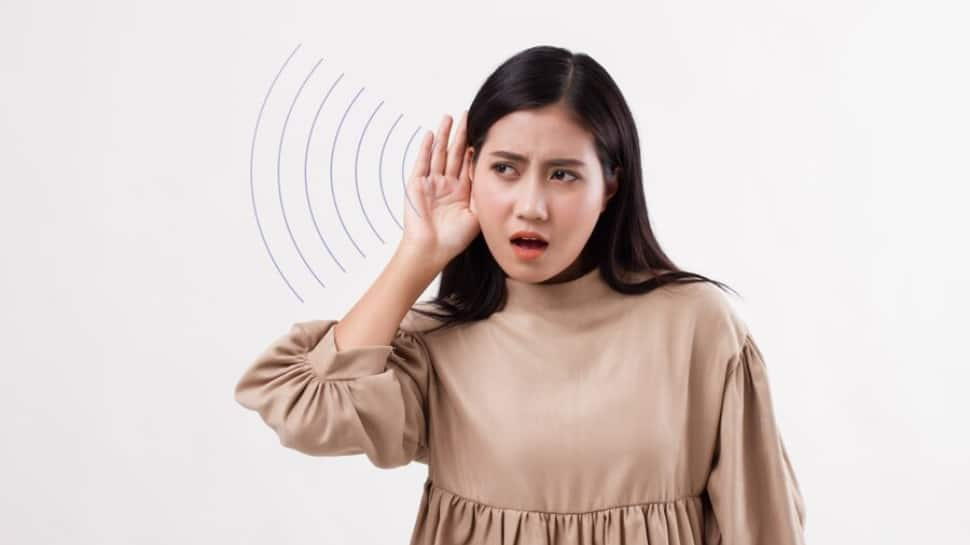[ad_1]
Life in a Silent Metro – “The true measure of hearing loss is not in decibels, but in missed smiles, unheard whispers and moments of silent conversation”. Recognizing 6 Signs of Hearing Difficulty in Adults plays an important role, allowing us to engage with the world around us through conversation, music and the ambient sounds of our environment.
However, for millions of adults and many more worldwide, this hearing journey is thwarted by the challenges of hearing loss.
According to the WHO, “Understanding the symptoms of hearing impairment is crucial for early detection and intervention. More than 1.5 billion people worldwide have hearing loss, of which 430 million experience a disabling condition. By 2050, this may exceed 700 million. 34 million are children and 30% of those over 60 are affected.”
Abnormal indicators of hearing loss
Here, we have uncovered six unusual key indicators listed by Dr. Smita Nagaonkar, Consultant and Department Coordinator, ENT, Sir HN Reliance Foundation Hospital, Mumbai that may indicate the presence of hearing difficulties in adults.
Change in speech pattern
Many times people speak at high volume when they feel blocked in the ears. Changes in the volume or clarity of speech can signal a possible hearing problem. These changes are important to notice and address, as they can be early indicators of hearing loss.
Post-traumatic hearing loss
After trauma or injury, it is common to focus on the visible injury, but the effects on hearing should not be overlooked. A comprehensive post-trauma assessment should include an assessment of hearing health to address all aspects of recovery.
Emotional or social withdrawal
Feeling disconnected from friends and family lately? It can be more than just a passing mood. Feelings of isolation or withdrawal from social activities can sometimes be associated with hearing difficulties. Acknowledging these feelings and seeking support can help individuals stay connected and engaged in their communities.
Tinnitus
Persistent ringing or buzzing in the ears, known as tinnitus, is often associated with hearing loss and can be a possible symptom. Although it may seem like a minor annoyance, tinnitus can have a significant impact on daily life, affecting sleep, concentration and overall well-being. If you’re experiencing tinnitus, don’t suffer in silence—consult a healthcare professional to explore treatment options.
Dizziness and balance problems
Did you know that hearing loss can only affect your ears? Hearing loss can also affect our balance. If you feel inexplicably dizzy or off balance, consider getting your hearing tested as part of the puzzle.
Excessive volume tends to increase levels
Adjusting volume levels to uncomfortable levels may indicate underlying hearing anxiety. Discuss possible consequences, such as further hearing loss or annoyance to others, and advise seeking professional help for hearing evaluation and resolution. Furthermore, asymmetric hearing, or a preferred direction of hearing, warrants immediate evaluation.
[ad_2]

